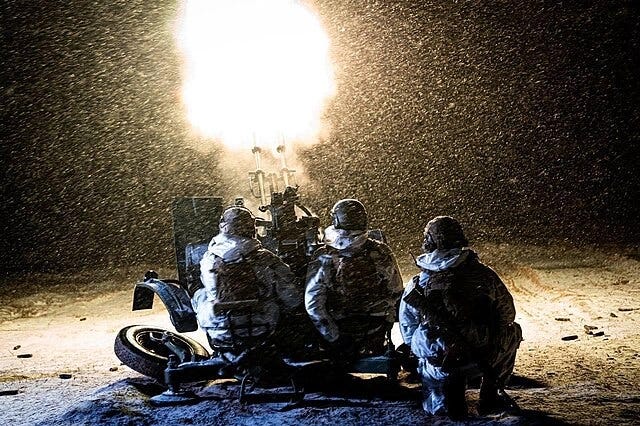Inside the Russia-Ukraine ceasefire agreement
A conversation with Thomas Graham, the ultimate Russia expert
Thomas Graham is my Russia guru. While we have many terrific Russian experts at CFR, Tom brings a unique clear-eyed perspective from working with six presidents on Russian affairs and negotiating nearly every major arms control agreement with Moscow. He's also a great guy!
In 2023, Tom was part of a group of former senior U.S. national security officials…




